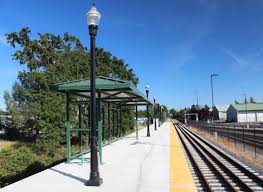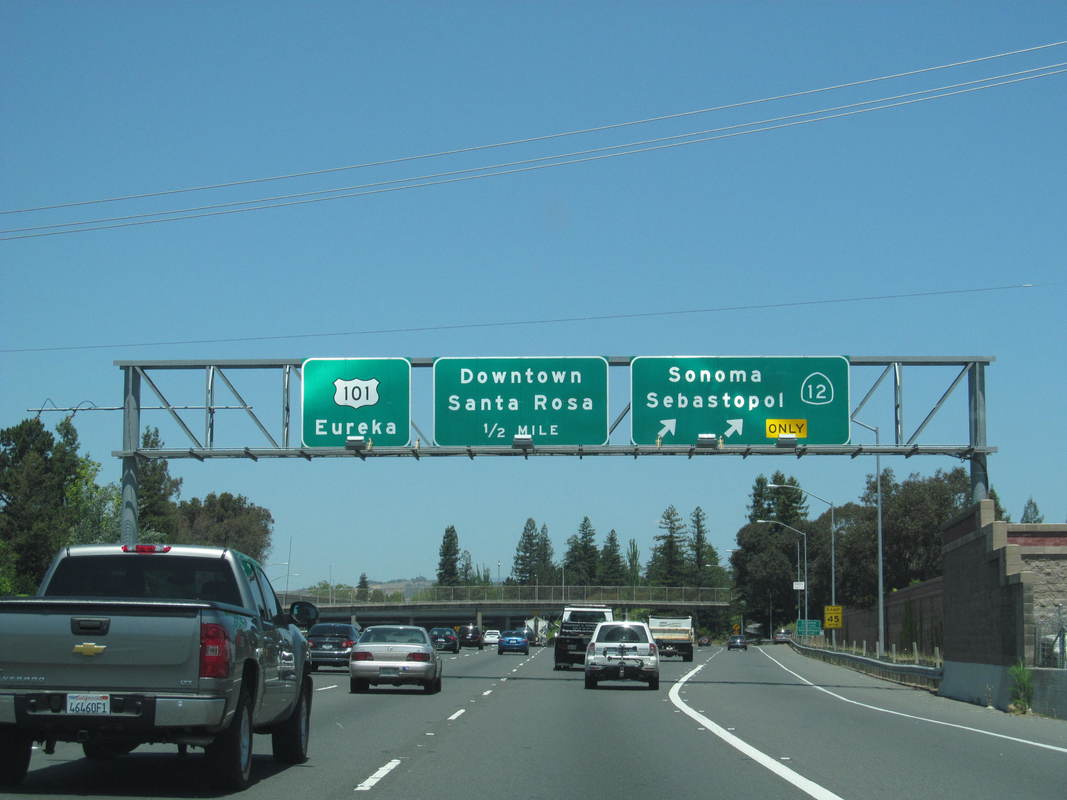|
There is a common misconception that our criminal justice system only punishes the guilty and protects the innocent, but there are a number of reasons why that is simply just not the case these days. In this post, I want to focus on how California's bail system is possibly contributing to causing legal inequities between the rich and the poor.
Recently, a study of the bail system at work in six of California's largest counties[1] revealed between “70% to 90% of all misdemeanor or non-serious felony defendants pled guilty and were released before their first possible trial date.”[2] This is an astonishing amount cases in which the defendant never gets to take advantage of many of the protections Constitutionally guaranteed to him or her. Of course, you would expect that there would be a certain number of defendants who openly admit they did wrong, want to repay their debt to society, and just get the whole issue put behind them as quickly as possible. But there may be just as many people who feel coerced into pleading to charges for which they have a valid defense, simply because they cannot afford the financial ramifications of defending themselves, as illustrated in a recent L.A. Times article, when they are forced to choose between entering a “not guilty” plea at arraignment—and then subsequently posting bail–or accepting a plea bargain offer and being released from custody that day.[3] If a person is taken into custody at the time of arrest (as opposed to being given a citation,) an initial bail amount is set (generally based on the type of crime committed,) while the prosecutor decides whether or not their office wants to file formal charges. From there, the defendant is bought into court where a judge decides whether to (1) release the defendant on their own promise to appear at a later court date, (2) release the defendant subject to certain pre-trial release conditions, or (3) require the defendant to post bail (and in what amount) in order to be released. For defendants who will only be released if they post bail, they are faced with a tough decision: surrender what little money they have available—needed for other necessities of life—to post their own bail, go into debt, or plead guilty. Those of here in California are especially hard hit as it’s been reported that “California’s median bail rate is five times higher than that of the rest of the country.”[4] Defendants are often put in this situation as Prosecutors know that we’ve all got lives outside of the criminal justice system in which people—family, friends, pets, coworkers, neighbors—depend on us, and we depend on a steady paycheck. As a result, it’s commonly known that defendants in custody are more prone to plead guilty at the earlier stages of the criminal prosecution than are their out-of-custody counterparts. It’s possible that judges, responsible for keeping their court calendars moving and prevent backlogs in the system, take advantage of this fact as well. If you need help assessing your own criminal case, feel free to give Devina Douglas a call. [1] San Francisco, San Bernardino, Alameda, Sacramento, Fresno, and Orange counties. [2] Plead guilty, go home. Plead not guilty, stay in jail, John Raphling (May 17, 2017) http://www.latimes.com/opinion/op-ed/la-oe-raphling-bail-20170517-story.html [3] Plead guilty, go home. Plead not guilty, stay in jail, John Raphling (May 17, 2017) http://www.latimes.com/opinion/op-ed/la-oe-raphling-bail-20170517-story.html [4] Not in it for Justice, Human Rights Watch, https://www.hrw.org/report/2017/04/11/not-it-justice/how-californias-pretrial-detention-and-bail-system-unfairly California now allows diversion for military veterans suffering from PTSD in misdemeanor DUI CASES8/9/2017
On August 7, 2017 Governor Jerry Brown signed a bill that will now allow military veterans suffering from post-traumatic stress disorder (PTSD) and other mental health disorders associated with their service in the military to apply for pretrial diversion programs if the veteran is charged with a misdemeanor DUI.[1] Previously, it had been unclear whether diversion programs applied to DUI cases as there had been conflicting language in several California laws[2], and appellate court interpretations of those laws differed. This left active duty military members open to the possibility that even one non-injury DUI offense could ruin their careers.
This is an important change in current California law that is expected to have wide-sweeping effects on the lives of those in the veteran community as it is estimated that “at least 1/3 of all persons who seek military diversion are charged with DUI-related violations,” and “DUI’s make up the most common offenses committed by veterans with mental health conditions.”[3] Passage of this bill will “ultimately help protect public safety and help prevent repeat DUIs, while giving these veterans a more hopeful future,” Senator Hannah-Beth Jackson (D-Santa Barbara,) author of the bill, and a long-time advocate for veterans, opines. “This bill will not only clarify once and for all that these veterans are eligible for pretrial diversion programs, it will also ensure that veterans and service members who have served our country will get the help they need to address substance abuse and mental health issues,” in part by allowing veterans access to treatment options sooner and more effectively. The pretrial diversion programs relevant here help to connect military veterans with treatment providers and support systems, allowing the veterans to assess, cope with and manage trauma the veteran may have experienced while serving our country. Such diversion programs are widely supported, as people who receive appropriate treatment for the issues that often underlie substance abuse issues often do not become recidivists. While the veteran is successfully complying with the terms of the diversion program—during which time the veteran is monitored by a judge, often for between twelve and eighteen months—criminal proceedings are suspended and, upon completion of the program, the criminal charges will be dismissed. Perhaps even more importantly, the arrest upon which the diversion was based will be deemed never to have occurred. Further, successful completion of the program allows the veteran to “indicate in response to any question concerning his or her prior record that he or she was not arrested or diverted for the offense, except in response to a direct question in a questionnaire or application for a peace officer position.”[4] “This law serves the dual purpose of restoring veterans to health while protecting public safety,” explained Jude Litzenberger, the executive director for the California Veterans Legal Task Force. “When service members or veterans with PTSD, traumatic brain injury, military sexual trauma, substance use, or other mental health conditions caused by their military service get DUI misdemeanors because they self-medicated instead of seeking mental health treatment, they will be ordered to get appropriate and timely treatment.” [1] At this time, only misdemeanor-level DUIs are covered by the change in the law, and it is important to note that the veteran still is subject to having the DMV suspend their driver’s license. [2] While the CA Penal Code seemed to established criteria for these veterans to qualify for diversion programs generally, language in the Vehicle Code prohibited diversion in DUI cases. [3] Report on Military Diversion Program, PC1001.80, of the Superior Court of California, County of San Diego January 1, 2015-December 31, 2016. [4] SENATE PUBLIC SAFETY COMMITTEE, Senate Floor Analysis, July 19, 2017. |
AuthorDevina strives to make information relevant to the lives of her clients easily accessible. Archives
July 2024
Categories
All
|
Proudly serving Sonoma, Marin, Napa, Mendocino and Lake Counties (and occasionally venturing as far as Yolo, Santa Clara and San Mateo Counties).
Proudly powered by Weebly
This website is for informational purposes only and does not provide legal advice. Do not act or refrain from acting based on anything you read on this site. Using this site or communicating with the Law Office of Devina Douglas through this site does not form an attorney/client relationship. This site is legal advertising. Please review the full disclaimer for more information. (LINK TO FULL DISCLAIMER PAGE)

 RSS Feed
RSS Feed




